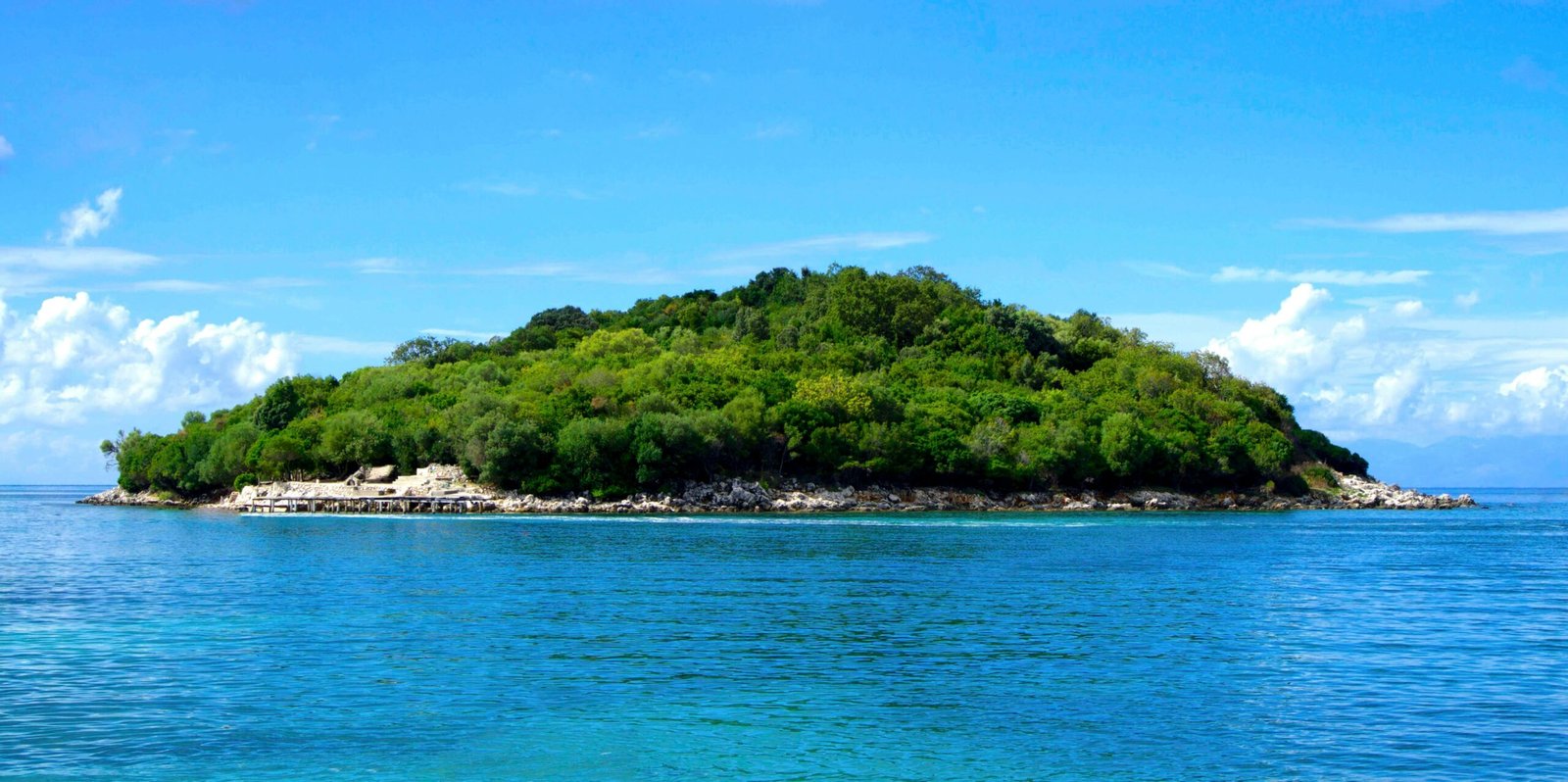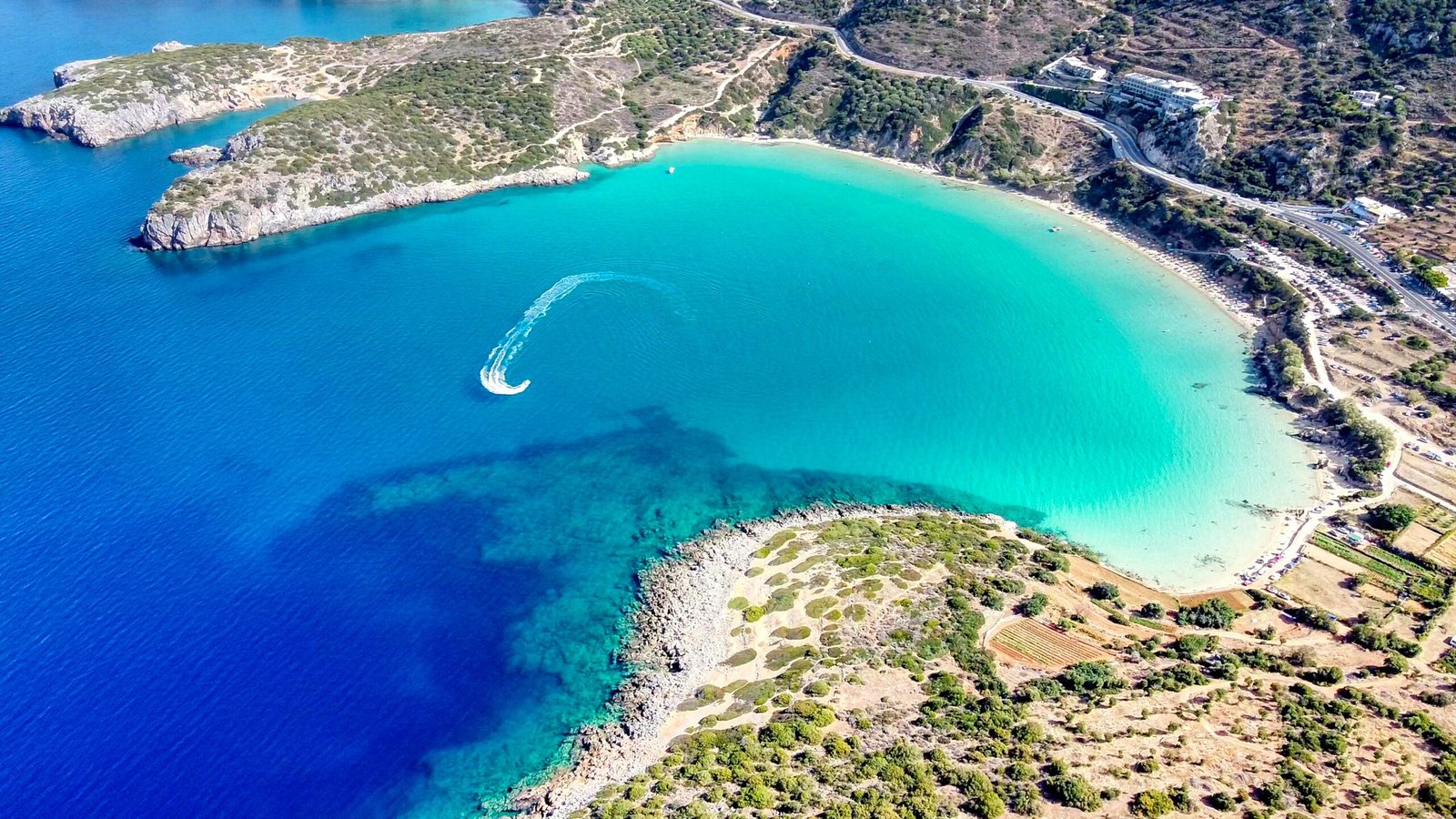The Importance of Sustainable Tourism in Micronesia
International tourism holds enormous potential for the small island states of Micronesia. As visitors flock to these picturesque locations, the tourism industry has the opportunity to significantly drive economic development. However, with this growth comes a pressing need for sustainable practices to ensure that the environment and cultural heritage are preserved.
Environmental and Cultural Preservation
Sustainable tourism aims to minimize the negative impacts on the local ecosystems and communities. Micronesia’s natural beauty, including its coral reefs and lush landscapes, and its unique cultural heritage, must be protected from over-tourism and environmental degradation. Sustainable practices include regulating tourist numbers, promoting eco-friendly tours, and reinforcing the importance of responsible behavior among visitors.
Economic Benefits and Challenges
Developing the tourism sector sustainably can bring numerous economic benefits to Micronesia, including job creation and increased revenue. However, one of the critical challenges is ensuring that local communities are adequately prepared to meet the industry’s demands. Training and workforce development are crucial in this regard, helping to curb outmigration by providing residents with viable employment opportunities within the tourism sector.
Workforce Development
Investing in workforce development is essential for sustainable tourism. Programs focused on hospitality training, environmental management, and cultural education can empower the local workforce to meet the industry’s needs while promoting community-based tourism initiatives. This approach not only enhances the quality of the visitor experience but also ensures that economic benefits are more equitably distributed among residents.
In conclusion, for Micronesia to successfully harness the economic potential of international tourism, a balanced approach to sustainable development is crucial. By prioritizing environmental and cultural preservation and focusing on workforce development, Micronesia can achieve a thriving tourism industry that supports economic growth without compromising its natural and cultural assets.

